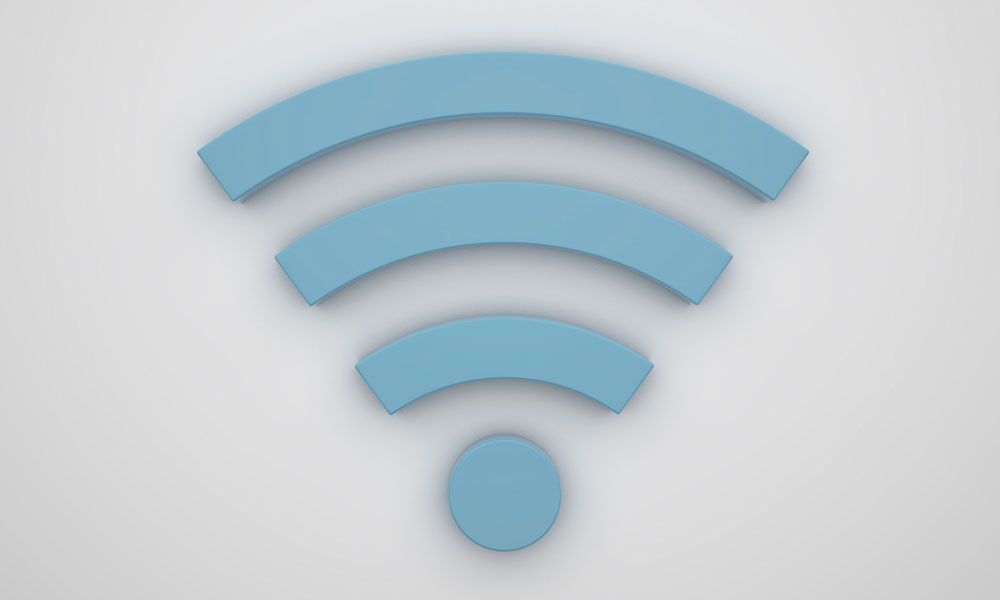
FCC Fines Expo Vendor $750K for Blocking Wireless Hotspots
In its second major move on the issue, the Federal Communications Commission announced Tuesday that it was fining Smart City—a major networking provider for dozens of U.S. convention centers—over its use of technology that blocked individuals from using wireless hotspots.
The Federal Communications Commission isn’t done calling out hotels and convention centers for blocking wireless hotspots.
Last fall, the FCC hit Nashville’s Gaylord Opryland Resort & Convention Center with a $600,000 fine for using wireless-blocking technology. In a second enforcement action this week, the agency announced it would fine Smart City Holdings, LLC—a provider of telecommunications services to hotels and conference centers—for blocking portable hotspots at convention facilities around the country.
“It is unacceptable for any company to charge consumers exorbitant fees to access the internet while at the same time blocking them from using their own personal WiFi hotspots to access the internet,” FCC Enforcement Bureau Chief Travis LeBlanc said in a news release. “All companies who seek to use technologies that block FCC-approved WiFi connections are on notice that such practices are patently unlawful.”
The $750,000 fine facing Smart City could have a wide-ranging impact on the space, as the company provides network service management for some of the country’s largest convention centers, including major facilities in Washington, DC, Houston, Los Angeles, Las Vegas, and Orlando. The firm is the largest provider of such services to the tradeshow industry.
While the scope is different, the circumstances are similar to those in the Gaylord Opryland case. Portable hotspots were blocked from working in expo halls. Visitors and exhibitors were instead offered a wide array of networking options at convention centers, some with fees as high as $80.
The FCC found that wireless users at convention centers in Orlando, Phoenix, Indianapolis, Columbus, and Cincinnati were affected by network blocking, which the agency said was not prompted by any security threat.
Choosing Not to Fight Back
In a news release, Smart City said it chose not to fight the fine even though the company did not admit liability and believed the use of the the network-blocking technology was legal.
“We have always acted in good faith, and we had no prior notice that the FCC considered the use of this standardized, ‘available-out-of-the-box’ technology to be a violation of its rules,” Smart City President Mark Haley said in a statement. “But when we were contacted by the FCC in October 2014, we ceased using the technology in question.”
Haley argued that the company’s use of wireless-blocking technology had met recommendations by the Department of Commerce and Department of Defense. He also noted that only a small number of devices at each facility had been blocked.
“Our goal has always been to provide world-class services to our customers, and our company takes regulatory compliance extremely seriously,” Haley added. “We are not gatekeepers to the internet.”
The fine came roughly seven months after the FCC warned hotels and conference facilities not to block wireless access in favor of their own networks.
(iStock/Thinkstock)






Comments